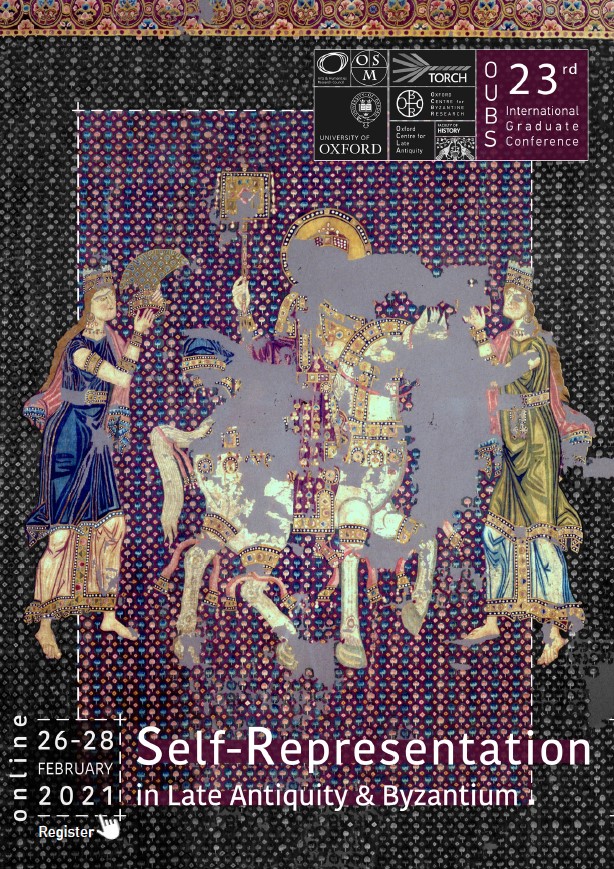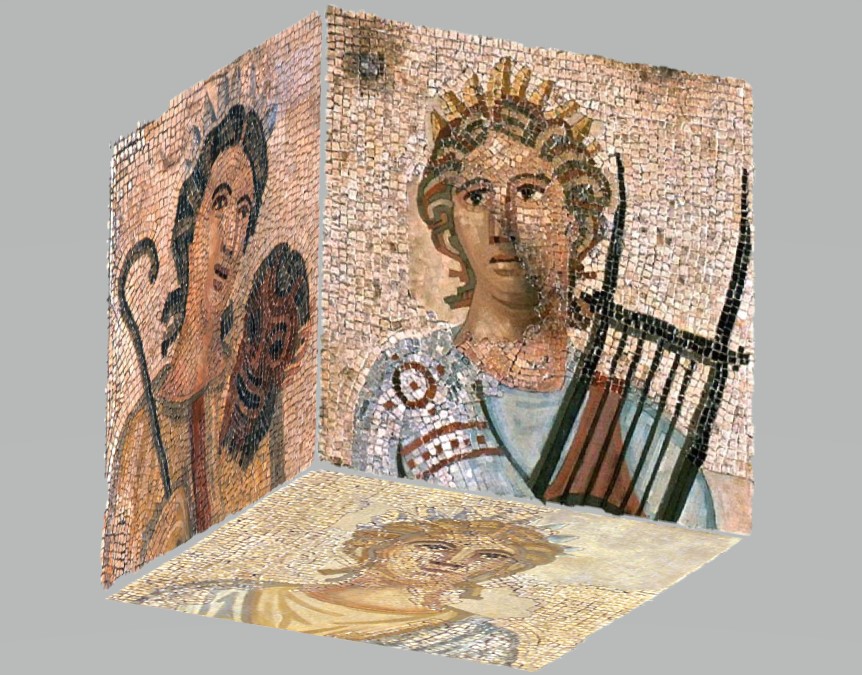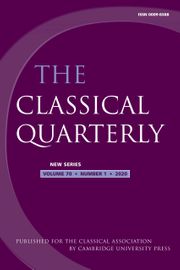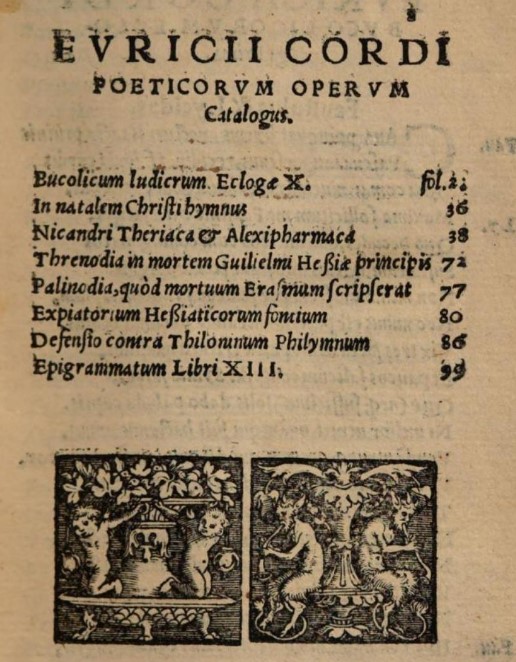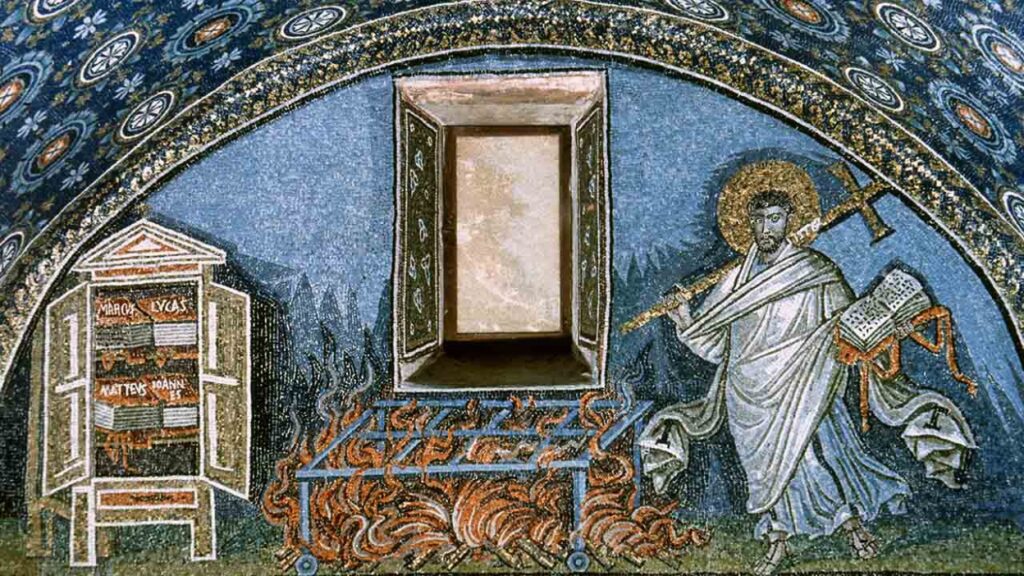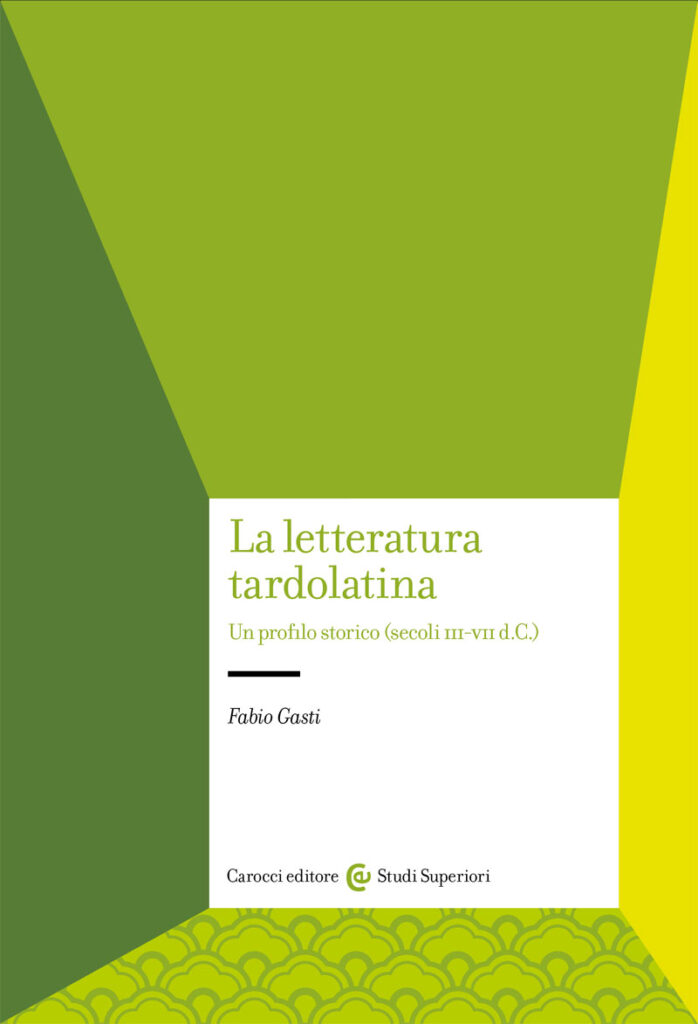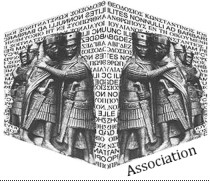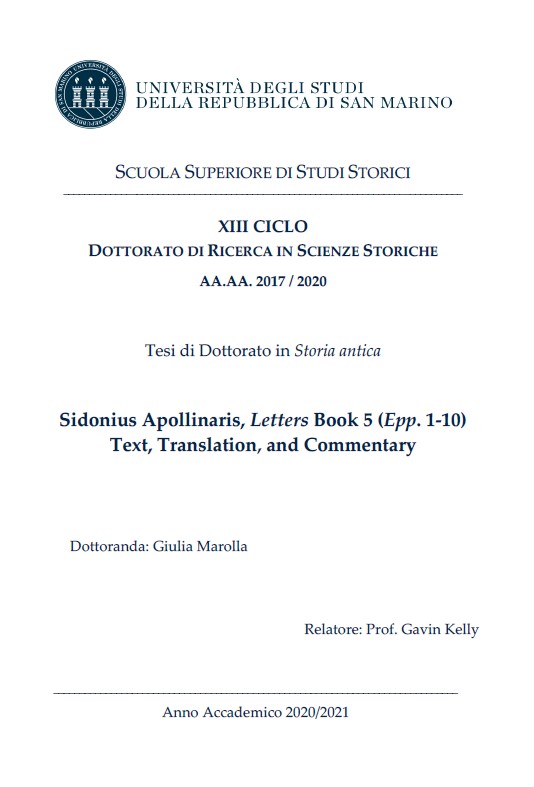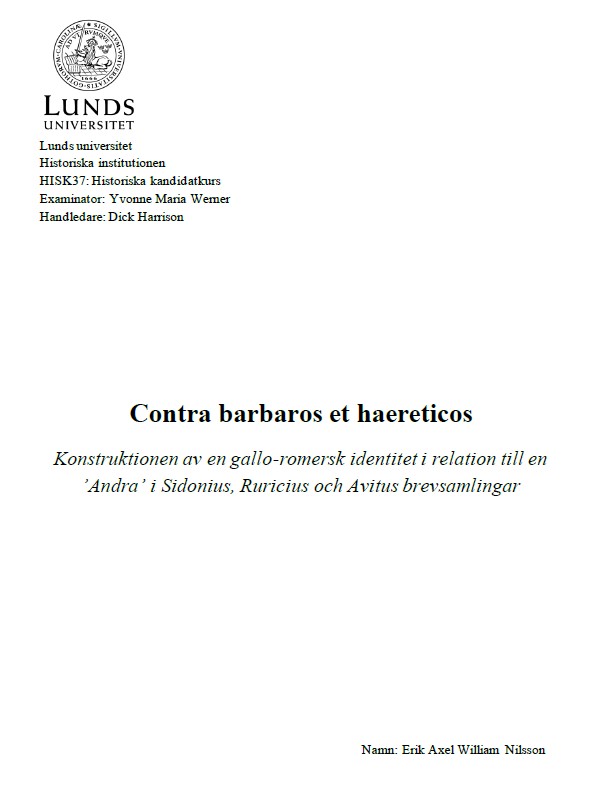For his ‘Ad librum’, physician, botanist and poet Euricius Cordus (Heinrich Ritze, 1486 Hessen-1535 Bremen) was inspired by Sidonius’ famous envoi ‘Propempticon ad libellum’ (Carm. 24), up to its Phalaecian hendecasyllables, providing it with overtones of Catullus and Martial:
Ad librum
Non praeceps adeo ruas, libelle,
quin tuum prius audias parentem,
quae mandata tibi det exeunti.
Omnes quotquot ubique litteratos
cultoresque novem vides sororum,
meo nomine plurimum saluta.
Et si dignus eis videbor, ut me
antiquae numero sodalitatis,
extremum licet, adnotent, precare.
Dehinc ut rhinocerotas atque barros,
ronchos, auriculas ciconiasque
unius facias pili memento.
Demum quam potes eminus proculque
declines, fugias, abomineris
tectos tetrico hypocritas cucullo
rugosamque senum severitatem
et tantum placitos sibi sophastros,
invisum Latiis genus camenis.
Hoc est quod volui, osculare patrem
aeternumque vale, miselle fili.
See also the Receptions page Germany

